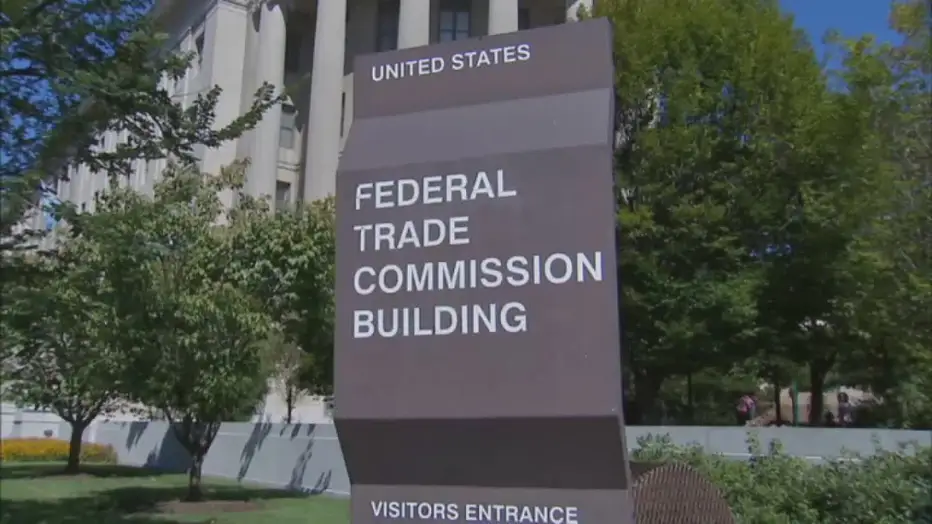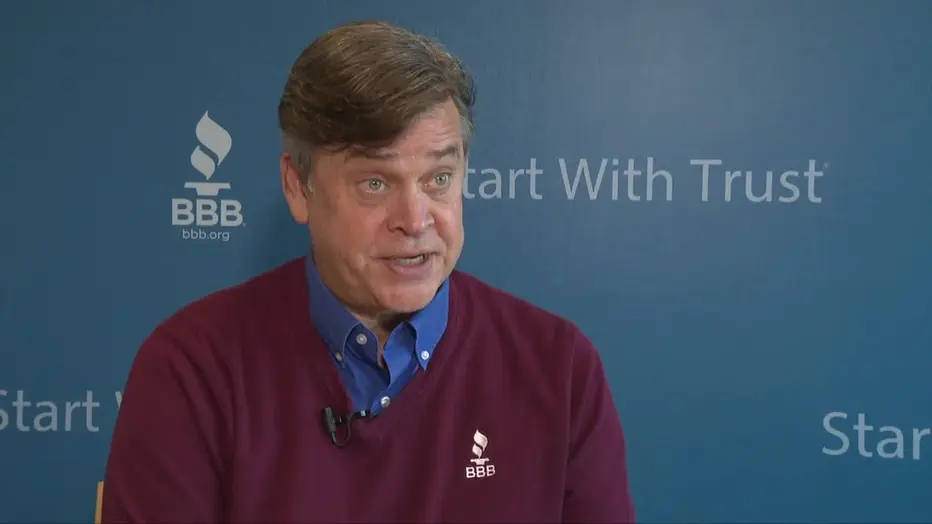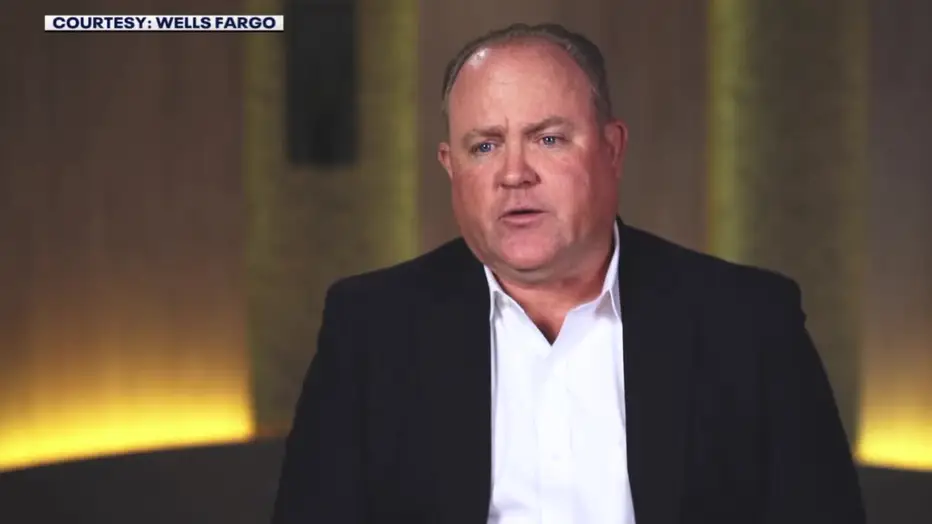Kaitlin Henze, a resident of Whitefish Bay, was recently the victim of a well-planned bank impersonation scam that left her without a dime of her life savings. It is a terrifying story of financial ruin. Fraudsters used a range of dishonest methods, such as forged bank deposit records, badges, and official papers, over the course of a month to win Henze’s trust and defraud her of over $200,000.
[el_shortcode id=”7102″]
In this article, we will explore the horrific specifics of the scam, the strategies used by the scammers, and more. Let’s get started!
Building a Financial Foundation

Kaitlin Henze had been diligently saving money since she was a young child. Her savings represented years of hard work and sacrifices. She viewed these funds as her ticket to fulfilling her dreams and securing her future. However, her commitment to financial stability became the very reason scammers targeted her.
The Scam Unfolds
It all started with an apparently harmless phone call. The caller ID said, ‘Wells Fargo Fraud,’ which alarmed Henze right away. She was told by the caller that someone had stolen her identity. Henze obeyed their orders, both scared and eager to save her possessions. Her concerns were heightened when she examined her bank account statement and saw odd activities that she was unaware of.

Presuming to be Federal Trade Commission (FTC) representatives, the con artists had already amassed a significant amount of Henze’s personal data. They created the appearance of legitimacy by having her Social Security number, past addresses, and information about her schooling. Henze made an effort to confirm these people’s veracity by looking up their names and phone numbers online, which seemed to support their assertions.
Also Read:
Fake Browser Update Scam: Defending Against ClearFake And Similar Scams 2023
Threats and Intimidation
As the scam progressed, the scammers adopted a more sinister tone. They warned Henze that she would become a suspect in a money laundering case if she did not cooperate with their demands. The scammers even provided her with copies of the purported FTC officer’s ID and badge, further solidifying their deceit. This escalation of threats and intimidation was designed to keep Henze under their control.
Constant Communication
The scammers maintained constant communication with Henze through phone calls and text messages. This communication was an essential aspect of their manipulation strategy. They instructed her to perform various financial transactions, including wire transfers, purchasing Bitcoin, and gift cards. According to the scammers, these actions were necessary to safeguard her money and evade the identity thieves who were purportedly after her.
Account Shutdown
Perhaps the most shocking instruction was to shut down every bank account in her name, including her Wells Fargo account. The scammers persuaded Henze that this drastic measure was necessary to open a more secure bank account under a new Social Security number. The psychological manipulation reached new heights as they offered plausible answers to every skeptical question she posed.
The scammers displayed a remarkable level of sophistication and intelligence. To gain Henze’s trust, they sent her certified letters signed by the head cryptocurrency attorney. These deceptive tactics made it difficult for Henze to discern the fraudulent nature of the scheme. Business impersonation scams like the one perpetrated against Henze are becoming increasingly prevalent, requiring individuals to exercise extreme caution when dealing with financial matters.
More Cases

Kaitlin Henze’s case is not an isolated incident. Business impersonation scams, particularly those involving financial institutions, rank at the top of the list of reported scams by the Better Business Bureau (BBB). Jim Temmer, the President of BBB Serving Wisconsin, acknowledged that these high-value scams demand significant time and effort from fraudsters. He emphasized the importance of verifying the legitimacy of unsolicited calls from banks and cautioned individuals to double-check information through official channels.
Words of Caution
Both the Federal Trade Commission and Wells Fargo have issued strong warnings to the public about how to handle unsolicited calls. An FTC spokesperson made it clear that the FTC will never demand money, make threats, instruct individuals to transfer money, or promise prizes. If anyone claiming to represent a government agency contacts a consumer, they should hang up and get the agency directly using the official contact details available on the agency’s website.

Wells Fargo echoed these sentiments, advising consumers not to trust caller ID information, refrain from sharing personal information, and avoid feeling pressured or rushed. Dan Cusick, Wells Fargo’s fraud and claims executive, stressed the importance of taking time to evaluate such calls and seeking advice from a trusted support system before making any decisions.
The Impact on the Victim
Kaitlin Henze suffered enormous psychological and financial hardship as a result of this swindle. It took her several months to find the confidence to tell about her experience. Her main reason for doing this was to save others from going through something similar. The experiences of Henze serve as a sobering reminder of the extent scammers would go to in order to track and control their victims.
Also Read:
Scam or Legit – Is Tazebex A Scam? Full Report with Proof
Conclusion
Kaitlin Henze was defeated by an intricate bank impersonation scam, which brought attention to the increasing complexity of financial scammers. It emphasizes the need for people to care and stay alert while answering unwanted calls, even if they seem to be from reliable companies. Henze’s terrible experience serves as a painful reminder of the need to use official channels to confirm the validity of such calls and the vital role public awareness campaigns play in shielding others from falling for similar scams. To stay updated on the ongoing scams, keep following Scam Legit.
[el_shortcode id=”7108″]
